Compared to day trading or investing in stocks, options trading seems like a safer route. When you buy an option, you’re technically purchasing the right to buy stocks or other financial securities at a fixed price before a certain date. While there is risk involved in options trading, the consequences of not exercising aren’t so severe. If you’re interested in learning more, read on.
What is an option?
An option is essentially a contracted promise with a time limit. When you buy an option, you receive the right to buy or sell a specific security at a set price (often referred to as “strike price” or “exercise price”) before a certain date. Until the expiration date, you have those securities locked down. Remember that while you are entitled to buying or selling, you are not required to. Purchasing a stock option gives you potential ownership of 100 stocks, but unlike actual stocks, you don’t have any ownership in the company. There are three types of options: a call option, a put option, and a binary option.
Interested in options trading? Learn the language.
- Exercise: Exercising an option is taking advantage of the right you are afforded by the contract.
- Premium: A premium is the total cost and value of an option.
- Holders: Holders buy options, granting them the right to sell or buy the stocks if they choose. If you own an option, you are a holder.
- Writers: Writers sell options to holders. When holders exercise their options, writers have to fulfill the obligations of the contract.
- Call Option: A call option gives the owner the right to buy a stock (or security) at its strike price before the expiration date. Let’s say you buy an option of stocks at the strike price of $25 a share, with an expiration date of 11 a.m., October 23rd. The price rises to $75 by the time October rolls around, so you decide to buy the stocks at the lower price.
- Put Option: A put option is the opposite of a call option: owners can sell a security at its strike price before the option expires. When you buy a put option, you hope the price of the security will fall over time. If so, you can sell the stock at its higher stake price.
- Binary Option: As the name implies, an owner of a binary option profits on the basis of whether or not a particular situation occurs. Unlike a call or put options, owners can’t sell a binary. For example, you buy a binary option that will exercise if the stock price of a company does not exceed $50 on August 22nd at 3 pm. If the stock sits at $50 by the expiration date, you’ll profit from the binary option. If the price rises to $51, you’ll lose the money you put down on the option.
Photo by Jason Briscoe





